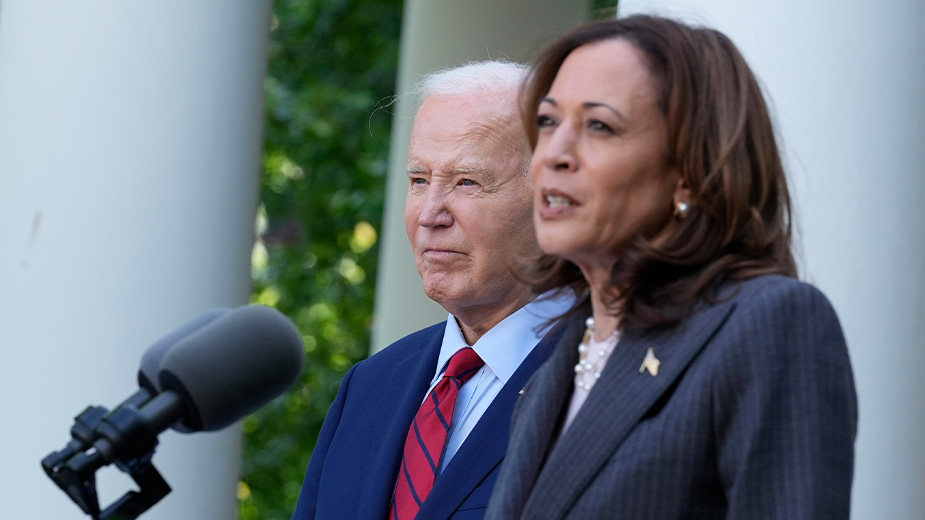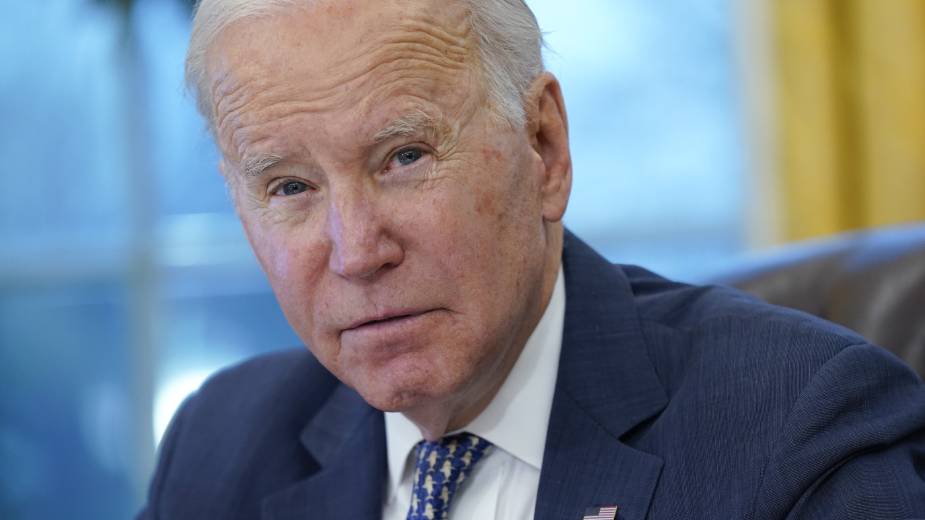Brown: SAFE Act Doesn’t Attack ‘Real Issues’
WARREN, Ohio – U.S. Sen. Sherrod Brown says he would vote against legislation approved in the House of Representatives to tighten the screening process for Syrian and Iraqi refugees.
The United States needs to close loopholes on passports and access to weapons rather than placing further restrictions on refugees, Brown said Monday.
Brown made his remarks following a news conference at the Trumbull Metropolitan Housing Authority where he was joined by veterans, representatives of TMHA and other agencies that assist veterans to discuss legislation that would improve programs for homeless veterans and their families. Among other measures, the legislation would encourage landlords to rent to veterans, provide grants for organizations that support formerly homeless veterans and expand the definition of a “homeless veteran.”
Veterans represent 12% of the adult homeless population, Brown said. A survey by the Department of Housing and Urban Development in January found that 48,000 homeless veterans nationwide, or about 1,100 in Ohio. “These are people that have served us and we need to serve them better,” Brown said.
Last week, in the aftermath of the terrorist attacks in Paris by the Islamic State of Iraq and Syria, often referred to as ISIS, the House approved the American Security Against Foreign Enemies – or SAFE – Act of 2015. If passed into by the Senate and signed by the president, the legislation would strengthen the screening process for Syrian and Iraqi refugees.
Since 9/11, some 700,000 refugees have been admitted into the United States, many from the Middle East, Brown, D-Ohio, said. “There have been exactly zero incidents from these 700,000 refugees,” he said. “They all go through an 18-month-to-2-year process to make sure they’ve been vetted and screened before they’re allowed to live in this country.”
When the Senate takes up the legislation, Brown says he plans to “improve” the bill.
“I would vote against it today because it doesn’t answer the real issues,” he said.
“Where we need to close the loopholes is for French or German or British citizens who carry that passport,” he explained. “They may go into the Middle East to get trained by ISIS and then they can fly into the United States with their French or German passport with no visa.
“The other loophole [is] there are 2,000 people on the terrorist watch list that the federal government has designated as potential terrorists that have been able to buy guns,” he continued. “Nobody that’s on the terrorist watch list should be able to buy an assault weapon or any other fun ever but the gun manufacturers have stopped Congress from fixing that loophole.”
Brown said he did not know why U.S. Tim Ryan, D-13, with whom he served with in the House before winning election to the Senate in 2006, voted for the legislation last week. “I’ve not talked to Tim,” he said. “I really didn’t look at why people did what they did. That’s their business.”
The screening process was among the topics addressed during a Monday conference call with the press arranged by the White House. Participants included Madeleine Albright, secretary of state under President Bill Clinton, and Alejandro Mayorkas, deputy secretary of homeland security.
Mayorkas detailed the screening process and its multiple security checks. Applications are prioritized based on determination of vulnerability, he said.
Albright, who came to the United States from Czechoslovakia 67 years ago, said the legislative proposals being discussed would “effectively bar Syrian and Iraqi refugees” from admission to the United States.
Albright finds the proposals to be “deeply disturbing” on many levels, she said. They punish an “extremely vulnerable population,” run contrary to American values and “do nothing to strengthen security,” she remarked.
She called them “just plain wrong. They send the wrong message” to the rest of the world.
Copyright 2024 The Business Journal, Youngstown, Ohio.



